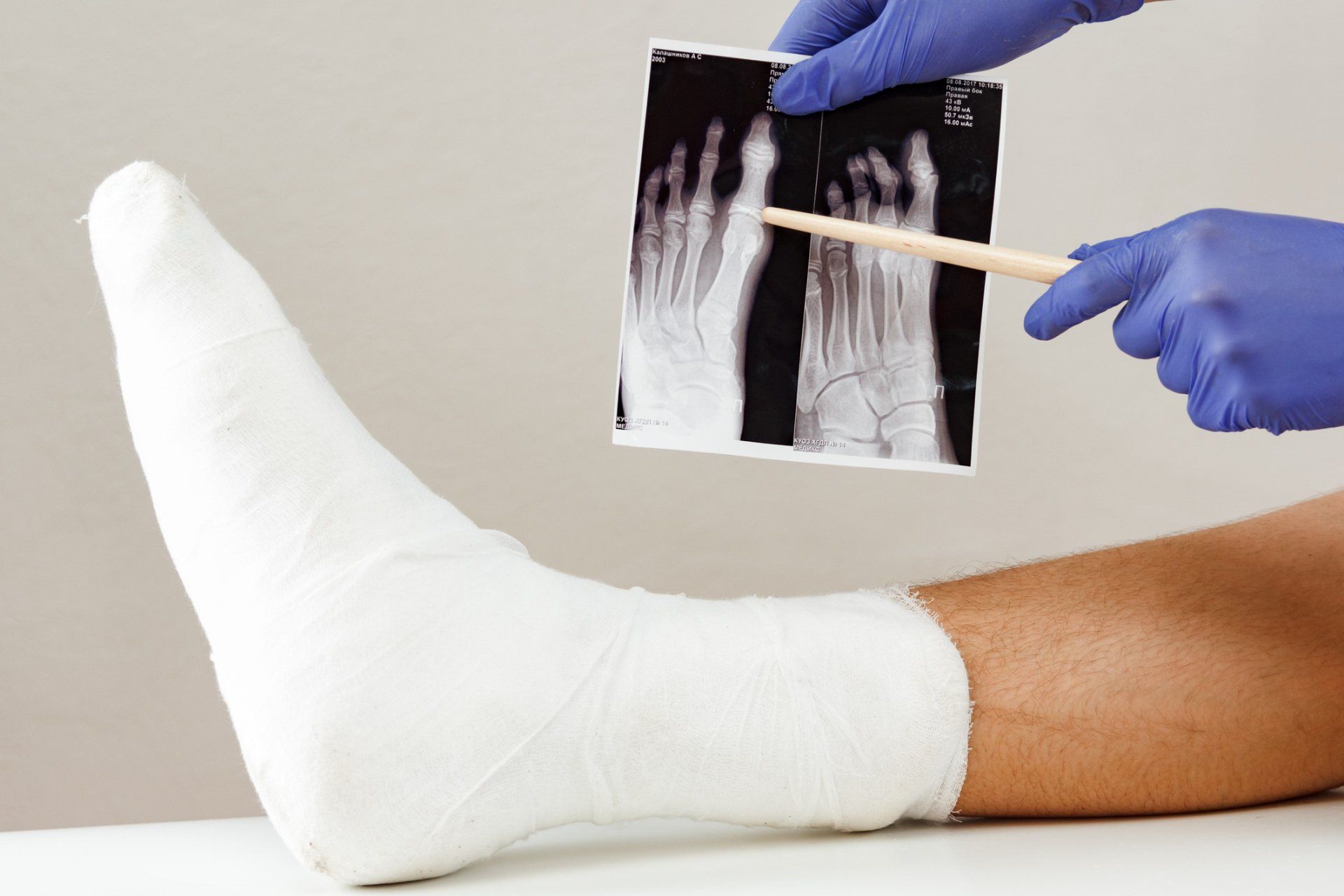Compensation Options for a Workplace Injury
- By websitebuilder@thryv.com
- •
- 12 Apr, 2018
- •

Being gainfully employed allows you to earn the wages required to pay for basic living expenses. Unfortunately, clocking in at work each day can also put you at risk of sustaining a serious injury. Workplace injuries can affect your ability to complete job-related tasks and result in significant medical expenses.
Many people who are injured at work must seek financial compensation to help cover the cost of lost wages and hospital bills. A few different outlets are available to injured parties seeking compensation for a workplace injury.
Workers' Compensation
One of the most common types of financial aid that injured employees seek out is the issuance of workers' compensation benefits. Workers' compensation programs function like an insurance policy. Employers make payments to a state-mandated fund, and injured employees can file a claim to access benefits if they have sustained a work-related injury.
Workers' compensation claims are not handled in a court of law. Instead, they are reviewed and approved by the state’s Department of Labor. The financial benefits issued through workers' compensation are designed to reimburse an injured employee for lost wages, cover medical expenses, pay for retraining costs, or provide disability benefits.
Pain and suffering cannot be factored into the value of a workers' compensation claim. If you opt to proceed with a workers' compensation claim, you forfeit your right to sue your employer for additional damages related to your injury.
Third-Party Claim: Negligent Person
In certain situations, your workplace injury might allow you to file a civil lawsuit against a negligent individual. Although you sustain an injury at work, the negligent actions of an independent contractor, vendor, or customer might be to blame for your injury-causing accident.
If a negligent person can be tied to your injury, filing a third-party claim may be beneficial. Third-party claims are handled in civil courtrooms. You are able to pursue noneconomic damages in a third-party claim, which means that you can be reimbursed for your pain and suffering.
You can file a third-party claim and a workers' compensation claim simultaneously to ensure maximum compensation for your injury. An experienced personal injury attorney will be able to help you evaluate your options and prepare both a civil lawsuit and a workers' compensation claim.
Third-Party Claim: Negligent Manufacturer
Another type of third-party claim you can pursue after being injured at work is a civil lawsuit against a manufacturer. These claims are reserved for individuals whose workplace injuries occurred as the result of defective machinery, failed safety equipment, or defective parts.
Manufacturers are legally required to produce products that consumers can rely on. If the manufacturer cut corners or didn't follow the proper protocol and defective products were generated, you can seek damages for your injury from the manufacturer.
Your attorney will be able to review the facts surrounding your case to determine whether equipment or product failure played a part in your workplace injury. A civil lawsuit can be filed on your behalf to seek compensation for your lost wages, medical costs, and the pain and suffering you experienced as a result of your injury.
A workplace injury can result in significant pain, suffering, and inconvenience. Getting the financial compensation that you deserve and that you have a right to can help ease the healing process and cover any out-of-pocket medical expenses you have.
At Richard D. Hoffman Law Offices, our personal injury attorneys are ready and willing to fight for your rights. Contact us to set up a free consultation so that we can review the facts of your case and help you access the money you need to recover from your workplace injury.

If you live in the city and the times of day you drive coincide with the times of day many others are also on the road, then you're going to be on the road during rush hour.
Automobile accident fatalities are significantly higher during evening rush hour traffic. If you have obligations that cause you to be on the road during rush hour traffic, then you should take some of the advice offered below to help decrease your chance of being involved in an accident.

If you think serious personal injuries only happen on the road or in dangerous places like amusement parks, think again. Many personal injuries occur at the places people often visit — for instance, at your local grocery store.
If you haven't considered the hidden dangers that can lurk in a grocery store, keep reading. We overview some of the most common personal injuries that occur in grocery stores and explain when and why you can hold the store responsible for your accident.







